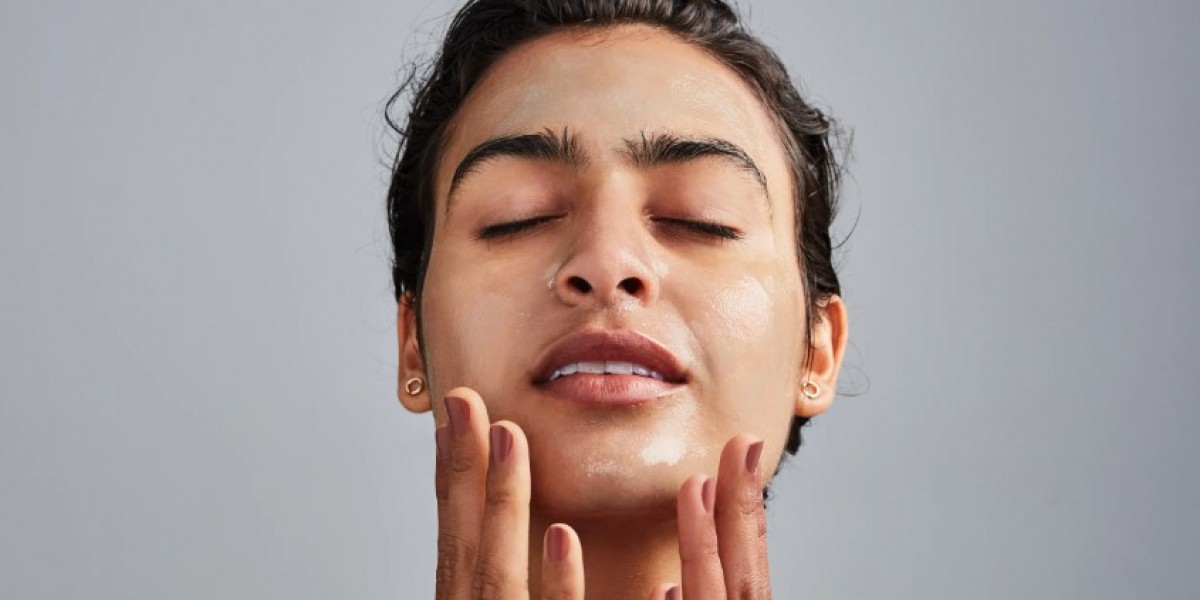For acne-prone skin, finding the right sunscreen can be challenging, but its crucial for both protection and preventing further breakouts. Here are some essential tips to help you choose and apply sunscreen effectively without aggravating acne:
1. Choose Non-Comedogenic Formulas
- Look for sunscreens labeled "non-comedogenic," meaning they are formulated to avoid clogging pores. These products are less likely to cause breakouts.
2. Opt for Mineral-Based Sunscreens
- Mineral sunscreens with zinc oxide or titanium dioxide are generally better for sensitive, acne-prone skin. They sit on top of the skin and reflect UV rays rather than absorbing them, reducing the likelihood of irritation.
3. Go for Oil-Free Options
- Oil-free sunscreens help prevent an overly shiny appearance and reduce the risk of clogged pores. Many sunscreens for acne-prone skin come with a matte finish to help control oil and shine.
4. Look for Lightweight, Gel-Based Formulas
- Gel-based or water-based sunscreens are typically lighter and less greasy than creams, making them ideal for oily and acne-prone skin types. They absorb quickly without leaving a heavy, sticky residue.
5. Avoid Fragrances and Alcohols
- Fragrances and alcohols can be irritating and can contribute to breakouts. Look for fragrance-free sunscreens with gentle, soothing ingredients like niacinamide or green tea extract.
6. Apply the Right Amount
- Apply a nickel-sized amount for your face and more for the neck and exposed areas. Not using enough can reduce the effectiveness of the sunscreen, leaving your skin vulnerable to UV damage.
7. Try Tinted Sunscreens
- If you struggle with redness or pigmentation, consider a tinted sunscreen that provides a bit of coverage while protecting against UV rays. Tinted mineral sunscreens can help even out skin tone without the need for additional makeup.
8. Reapply Often
- Reapply every two hours if you're in the sun, and more frequently if you're swimming or sweating. For acne-prone skin, consider using a powder or spray sunscreen for reapplication to avoid disturbing your skincare or makeup.
9. Patch Test New Products
- Always patch-test a new sunscreen on a small area of your skin before applying it to your entire face to ensure it wont cause a breakout or irritation.
10. Cleanse Thoroughly at the End of the Day
- At night, double cleanse to ensure that sunscreen, dirt, and oil are fully removed from your skin. Start with a gentle, oil-free makeup remover or micellar water, followed by a gentle face wash. This can prevent pore blockage and breakouts.
Bonus Tip: Look for Acne-Fighting Ingredients
- Some sunscreens include ingredients like niacinamide or tea tree extract, which help calm inflammation and reduce acne. These can be a great addition to your sunscreen routine for acne-prone skin.
These tips can help keep your skin protected without triggering breakouts. Just remember that consistency in sunscreen use is key to preventing sun damage, even on days when you dont expect much sun exposure.
https://trendybeauti.ae/






